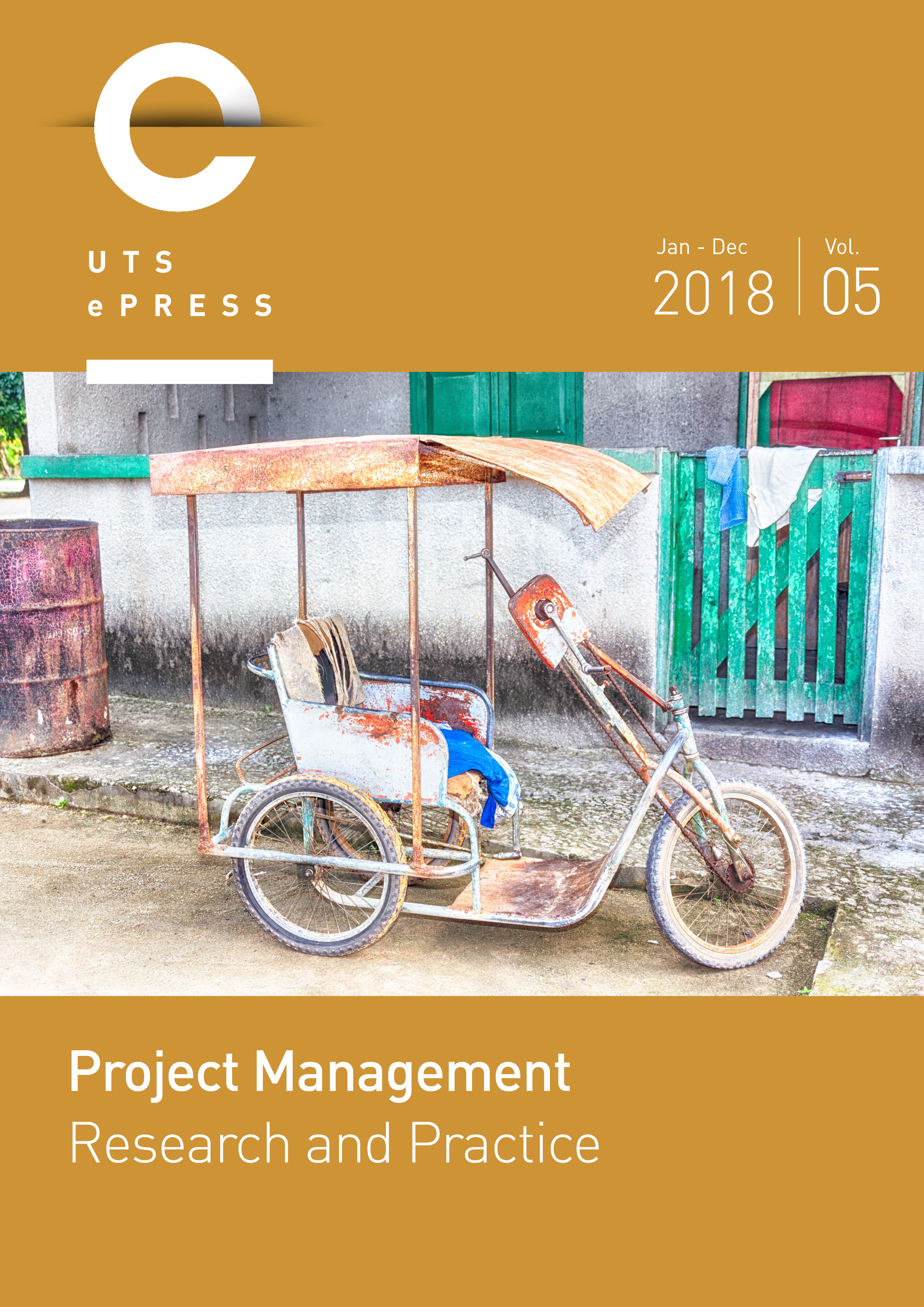Educating for Change
Main Article Content
Abstract
Using education related examples from a charity project that is concerned with the development of a local health care system in the African rain forest in Cameroon, this paper illustrates how projects can and should implement key aspects of the SDGs framework pre-emptively within their scope, i.e. at the local level, prior to and in support of the full, legally binding implementation of the framework at the national level. This not only helps to make our world a better place, but also very concretely to reduce project risks, create funding opportunities and make the project’s deliverables more sustainable.
The ‘Mahola Project’ (‘Mahola’ means ‘Aid’ in the local Bassa language) was founded in 2013 – following an exploration trip to Cameroon in order to assess the real needs of the population in the deprived area around the village Siliyegue – as a response to meet these needs. The main objective of the project is the development and deployment of a sustainable, integrated, local health care system that is fully aligned with the SDGs and brings about dramatic improvements for the quality of life of the people living there; far beyond ‘just’ providing health care and work opportunities. Education is at the core of the necessary efforts to successfully deliver this system, changing minds and hearts.
Article Details
Issue
Section
Authors who publish with this journal agree to the following terms:
a) Authors retain copyright and grant the journal right of first publication with the work simultaneously licensed under a Creative Commons Attribution License that allows others to share and adapt the work with an acknowledgement of the work's authorship and initial publication in this journal.
b) Authors are able to enter into separate, additional contractual arrangements for the non-exclusive distribution of the journal's published version of the work (e.g., post it to an institutional repository or publish it in a book), with an acknowledgement of its initial publication in this journal.
c) Authors are permitted and encouraged to post their work online (e.g., in institutional repositories or on their website) prior to and during the submission process, as it can lead to productive exchanges, as well as earlier and greater citation of published work (See The Open Access Citation Advantage Service). Where authors include such a work in an institutional repository or on their website (ie. a copy of a work which has been published in a UTS ePRESS journal, or a pre-print or post-print version of that work), we request that they include a statement that acknowledges the UTS ePRESS publication including the name of the journal, the volume number and a web-link to the journal item.
d) Authors should be aware that the Creative Commons Attribution (CC-BY) License permits readers to share (copy and redistribute the work in any medium or format) and adapt (remix, transform, and build upon the work) for any purpose, even commercially, provided they also give appropriate credit to the work, provide a link to the license, and indicate if changes were made. They may do these things in any reasonable manner, but not in any way that suggests you or your publisher endorses their use.
